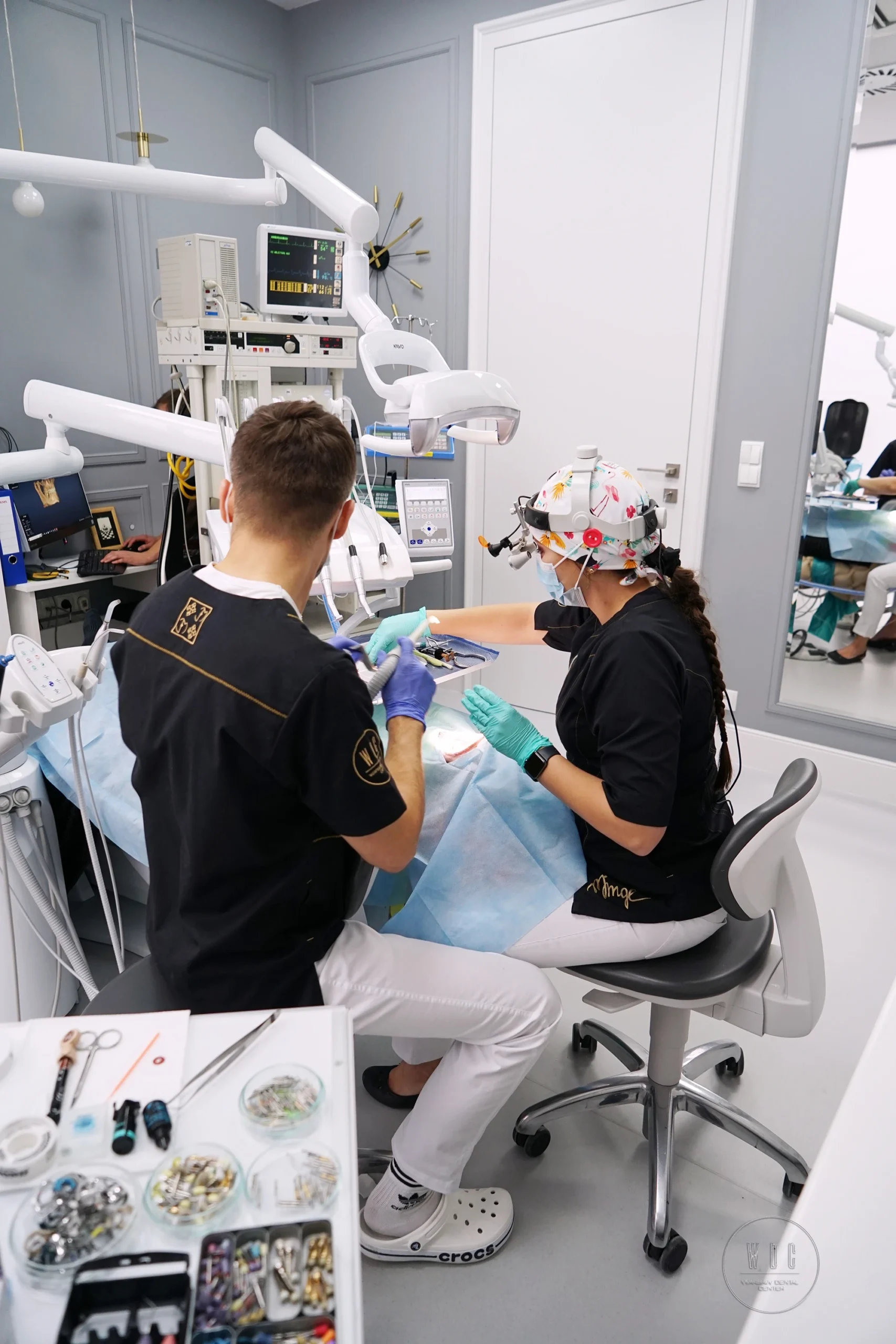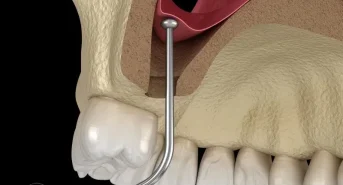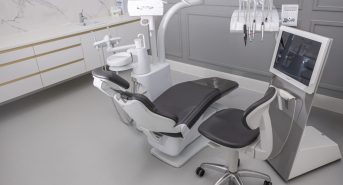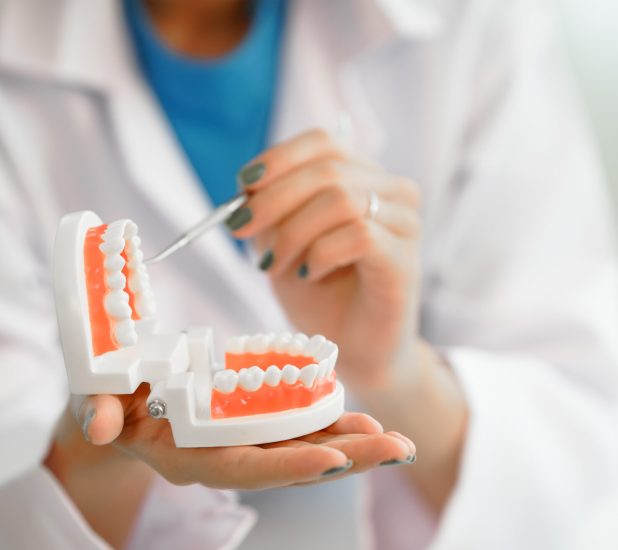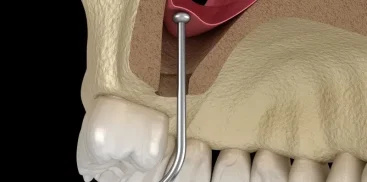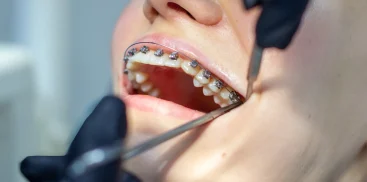Oral thrush, also known as oral candidiasis, is a condition caused by excessive growth of fungi inside the mouth, most often of the genus Candida albicans.
This infection can appear for various reasons and manifest with various symptoms.
Effective treatment requires identifying the cause and implementing appropriate therapies.
The following article discusses the causes, symptoms and treatment methods of oral mycosis.
Causes of oral thrush:
- Compromised immunity: People with weakened immune systems, such as chemotherapy patients, people with AIDS or diabetes, are more susceptible to oral thrush.
- Antibiotics and immunosuppressive drugs: Taking long-term antibiotics or immunosuppressive drugs may disturb the balance of microorganisms in the oral cavity, promoting the development of mycosis.
- Wearing dentures or braces: Dentures, braces or other dental appliances can irritate the oral mucosa, which facilitates the growth of fungi.
- Hormonal disruptions: Hormonal fluctuations, such as those associated with pregnancy, menopause, or taking hormonal contraceptives, may promote the onset of oral thrush.
Symptoms of oral thrush:
- White coatings: A characteristic symptom is the presence of whitish coatings or spots on the oral mucosa.
- Pain and burning: Patients may experience pain, burning or discomfort in the mouth, especially when eating or drinking.
- Difficulty swallowing: Oral thrush can make it difficult to swallow food.
- Breath Odor: Infection can also cause bad breath.
Antifungal medications: Antifungal medications are commonly used to treat oral thrush.
These may be topical medicines such as gels or liquids containing clotrimazole or miconazole, or oral medicines such as fluconazole. Topical drugs: Antifungal preparations in p
leftover gels, lotions or pastes for topical use may help fight infection.
- Oral hygiene: Maintaining good oral hygiene, including regularly brushing your teeth, cleaning your tongue and using dental floss, can help prevent the development of ringworm.
- Proper diet: Avoiding large amounts of sugar and yeast in your diet can help reduce the growth of fungi in your mouth.
- Probiotics: Preparations containing healthy bacteria can help restore the balance of microflora in the oral cavity.
- Causal treatment: If oral thrush is caused by other conditions or factors, such as vitamin deficiencies or hormonal disorders, treatment of these causes may be necessary.
- Changing habits: If the infection is caused by wearing dentures or braces, it may be necessary to adjust or change these devices.
Oral thrush is a condition that can appear for a variety of reasons.
It is commonly caused by the growth of fungi, most often Candida albicans, inside the mouth.
Symptoms may include white coatings, pain, burning and difficulty swallowing.
Treatment includes the use of antifungal medications, good oral hygiene, the use of probiotics and causal treatment.
If symptoms persist, it is recommended to consult a dentist or periodontist to determine appropriate treatment.
